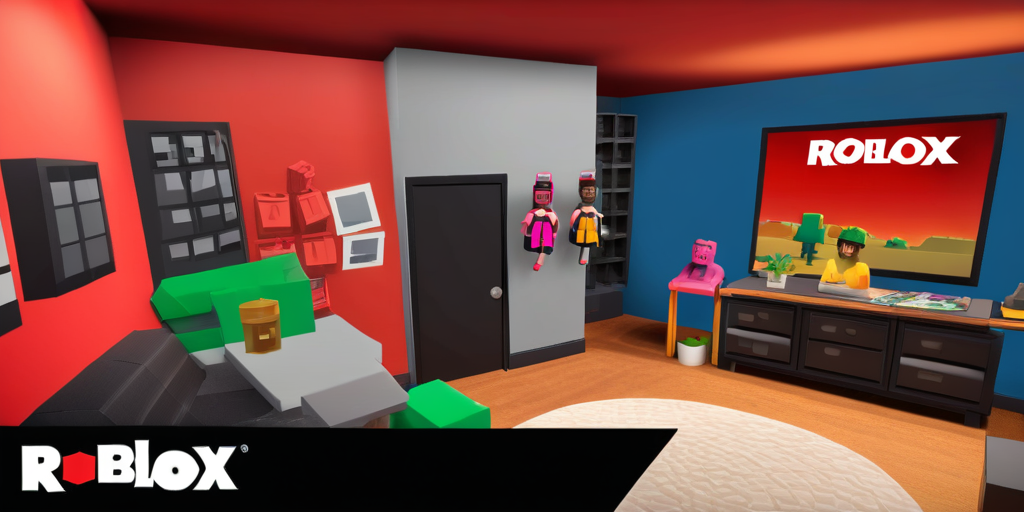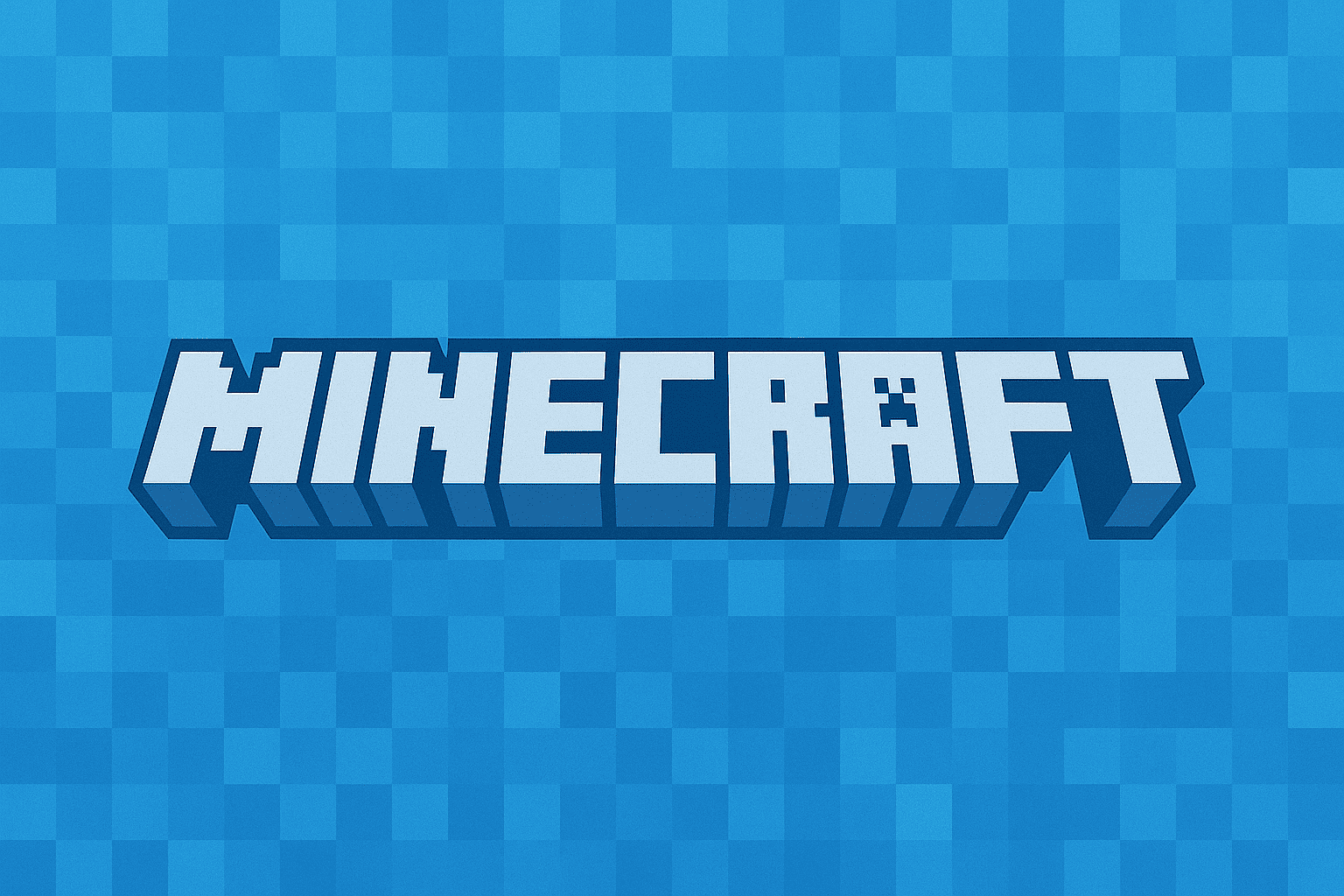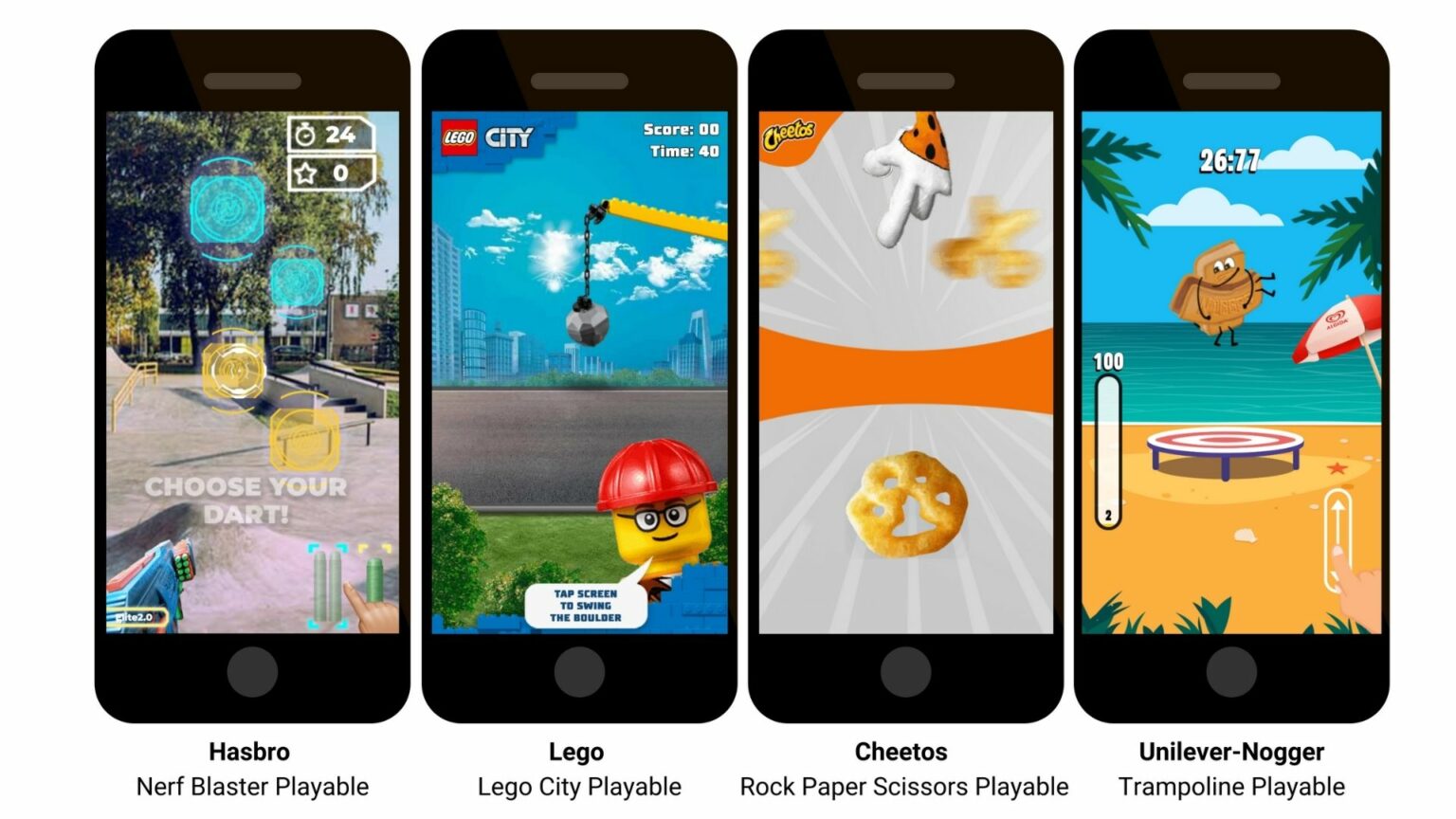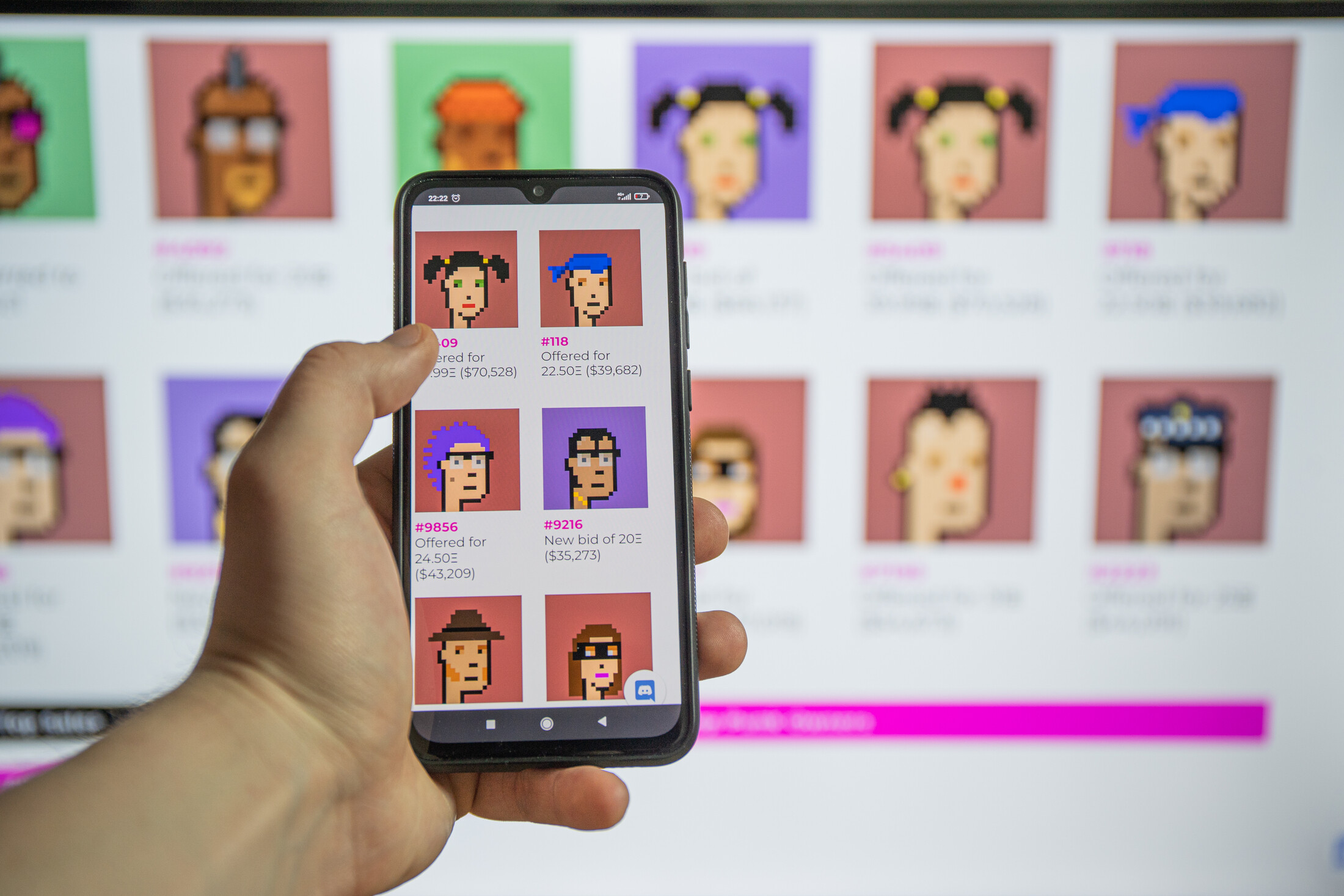The video game industry today is a multi-billion dollar behemoth, providing interactive entertainment to over 3 billion people across the globe. This phenomenal growth can be attributed to some key icons that have shaped console gaming over the decades with their innovative minds and iconic game franchises. When delving into the annals of console game development, it becomes evident that certain developers have left an indelible mark on the industry, their contributions resonating with gamers of all generations. Here we take a look at 3 such legendary developers and their lasting impact.
Shigeru Miyamoto
No list of influential gaming developers is complete without the inimitable Shigeru Miyamoto. Often hailed as the “father of modern video games”, Miyamoto is the creator of some of Nintendo’s crown jewel franchises such as Super Mario, The Legend of Zelda and Donkey Kong. The evergreen mascot Mario is said to be named after Miyamoto’s landlord back in the early 80s. He pioneered the side-scrolling platformer genre with the original Super Mario Bros which came bundled with the NES in 1985. The game has since spawned over 200 titles across generations. Classics like Super Mario 64 and Ocarina of Time revolutionized 3D gaming on the N64. His games are known for flawless gameplay built on imaginative worlds brimming with innovation. Miyamoto’s contribution has been honored with multiple lifetime achievement awards.
Hideo Kojima
Metal Gear creator Hideo Kojima has always been well ahead of the curve when it comes to pushing the boundaries of cinematic storytelling in gaming. After a legendary run of over 3 decades with Konami, Kojima set up an independent studio to work on the PlayStation exclusive Death Stranding starring Norman Reedus. Lauded for its original gameplay and storyline symbolizing the strands that connect people, Death Stranding typifies Kojima’s auteur vision of what interactive entertainment should look like. The Metal Gear Solid series carried forward his legacy of blending action and tactical stealth within gripping conspiracy-laced plots. Kojima’s console games continue to test the waters by fusing entertainment mediums into new forms.
Sid Meier
The “godfather of computer gaming” Sid Meier has influenced several generations of gamers and developers alike with his seminal strategy game Civilization. Since its first appearance in 1991, the expansive world-building Civilization series has only grown in depth and complexity with each new numeric iteration. The addictive “one more turn” nature of the turn-based 4X game where you eXplore, eXpand, eXploit and eXterminate has spawned half a dozen main entries and numerous spin-offs. It captured players with the allure of rewriting all of human history in their image. While Meier has created other classics like Railroad Tycoon and Alpha Centauri, Civilization remains the crown jewel in his long and vibrant career. The series has left an indelible love for strategic empire building in its wake.
Differences Between Console and PC Gaming
While influential console developers have pushed the interactive entertainment medium forward, there has always been something of a friendly rivalry between console and personal computer (PC) gaming. From their hardware specs and peripherals to graphics capabilities and online services, there are some key distinctions that give each platform its own flavor and fan following.
Consoles like PlayStation, Nintendo Switch and Xbox provide an accessible plug-and-play experience catered towards gaming from the couch. Standardized hardware results in stability and optimization unrivaled in the more modular PC space. Consoles tend to favor simplicity – the components are fixed and games are finely tuned to take advantage of the set specifications for that generation. In contrast, PCs have a wider array of configuration options that lend them greater flexibility. Custom built PCs can pack beefier specs by mixing and matching parts but involve higher startup costs and troubleshooting.
The control schemes also differ – consoles are designed for use with controllers and optimize games for gamepad input. PCs can utilize the tried-and-tested mouse and keyboard combination preferred in certain genres like real-time strategy and competitive shooters. PC gaming peripherals also include specialized controllers, high fidelity audio headsets and advanced haptic feedback systems for a more immersive experience. Console exclusives are mapped to considerably fewer buttons facilitating quick learning curves. In recent times, the gap has narrowed with cross-platform releases and adaptable controllers on both platforms.
When it comes to raw graphical power and fidelity, high-end PCs still rule the roost allowing for 4K resolution and buttery smooth frame rates. Console games typically run at lower resolutions and graphical settings but sport strong optimization as developers only target specific hardware. Both platforms now support HDR lighting, ray tracing real-time reflections and 3D spatial audio for greater realism. Console players also need to pay subscription fees for online play which comes free as a default on PC. Services like Xbox Live have larger centralized player bases while PC gamers have access to more custom servers.
While consoles offer unmatched accessibility, PC gaming has superior customization for tech savvy players. With cross-play capabilities, genre innovations across platforms and a common love for gaming uniting console and PC users, there’s never been a better time to be a gamer regardless of system preference. The friendly rivalry inspires further excellence making this a golden age for gaming.
The Rise of Cross-Platform & Cross-Gen Games
The increasing crossover between competing platforms and console generations represents a concerted push towards accessibility and inclusion in the gaming industry. More players than ever before are now able to access game titles across hardware ecosystems and carry forward their progression when they upgrade. This enhanced freedom of choice was made possible by game engines adding support for multiplatform releases along with innovations in cloud gaming technology.
Unreal Engine and Unity have empowered developers of all scales to target various systems including PC, consoles, mobiles as well as streaming game services. Publisher incentives for expanded releases have also resulted in more games being designed with cross-platform play in mind from the outset.
Notable examples demonstrating this trend include:
– Fortnite from Epic Games – available on everything from Nintendo Switch to iOS to PlayStation using Unreal Engine’s versatility
– Genshin Impact from miHoYo – supports seamless cross-save between PC, PS4, iOS and Android
– Apex Legends from EA/Respawn – features unified progression/inventory across Xbox, Playstation and PC
The adoption of cross-generation support even between rival console platforms also provides continuity to gamers upgrading their hardware. PlayStation exclusives like God of War Ragnarok and the upcoming Forspoken allow transferring saves from PS4 to PS5 versions. Microsoft’s Smart Delivery system enables playing owned games across Xbox One and Xbox Series devices.
Cloud gaming services likewise boost accessibility by removing hardware barriers altogether. Google Stadia, Nvidia GeForce Now and Xbox Game Pass Ultimate Streaming mean players can instantly experience cutting-edge titles requiring only a screen and controller.
While business and technical challenges remain, the gaming industry does appear to be moving in an overall direction of enhanced flexibility – one that empowers both players and developers alike with multiplied choices. This democratization promises to expand the gaming market substantially in the coming years.
Conclusion
From defining entire genres to pushing technological boundaries to creating cultural phenomena – influential console game makers like Miyamoto, Kojima and Meier have left an unmistakable imprint on the collective gaming consciousness. Their creative vision propelled the interactive entertainment medium into what it has become today. These legends continue to inspire both players and budding game developers by illustrating that groundbreaking innovation lies at the heart of crafting memorable video game experiences. With more inclusive representation and sensibilities shaping console gaming in recent times, the stage is set for even more visionaries to take the baton forward into the future.
eJaw has demonstrated impressive growth in just a few years to become a rising star in the console game development industry. Starting originally with mobile titles, the company capitalized on the expertise of its founders in engines like Unity to make the leap into Nintendo Switch and PlayStation 4/5 game creation.
Back-to-back successful launches of unique IP like Pixel Ripped and Gardenia established eJaw’s credentials for delivering polished innovative gaming experiences across platforms. The company seems poised to continue expanding its catalog across not just consoles but also into VR and cloud-based games.
With a philosophy centered on inclusiveness and creativity, eJaw has forged partnerships with major publishers while retaining its indie spirit. 2023 is shaping up to be a breakout year for the Brazilian studio with multiple high-profile releases in the pipeline that will further cement its reputation worldwide. If the company can maintain its current trajectory, eJaw may well emerge as a leader in cross-platform interactive entertainment this coming console generation.










